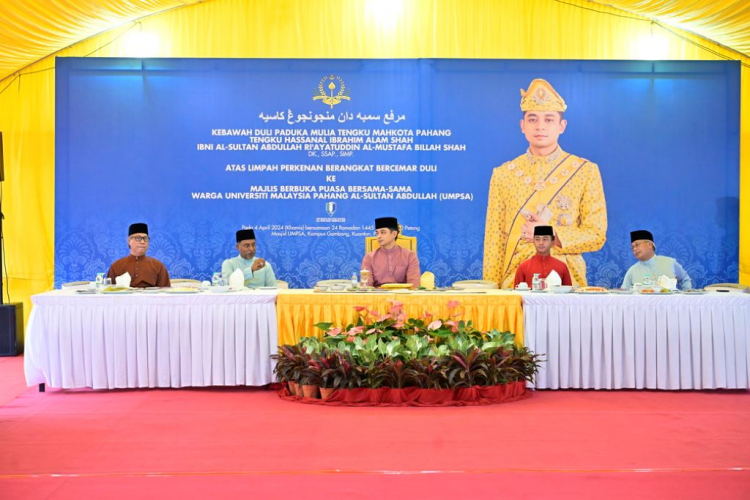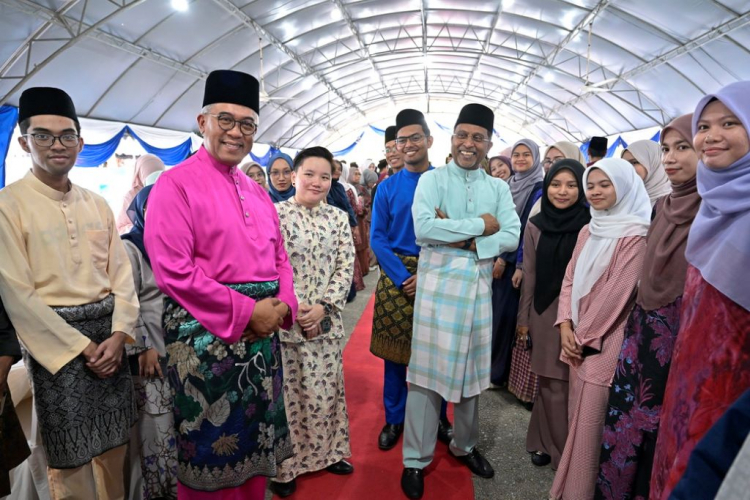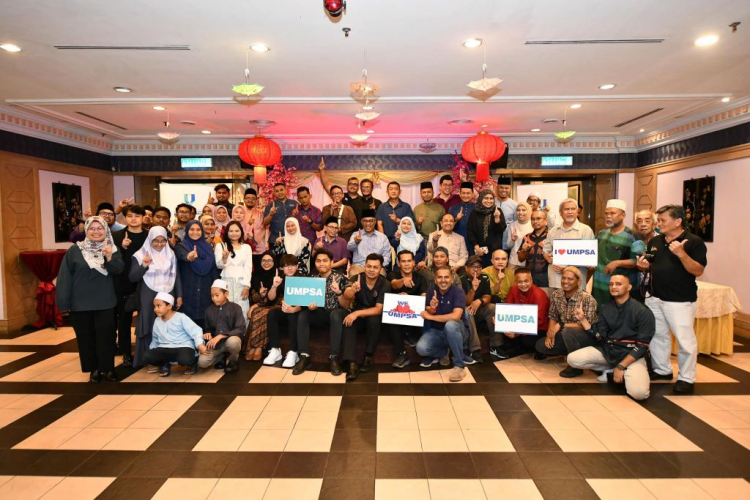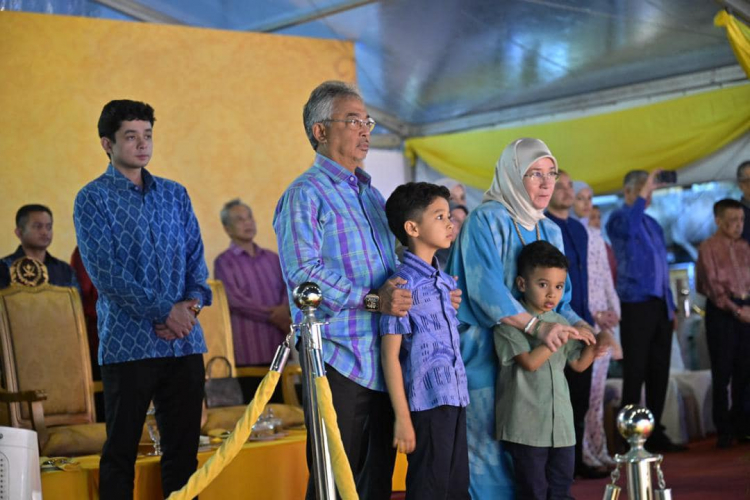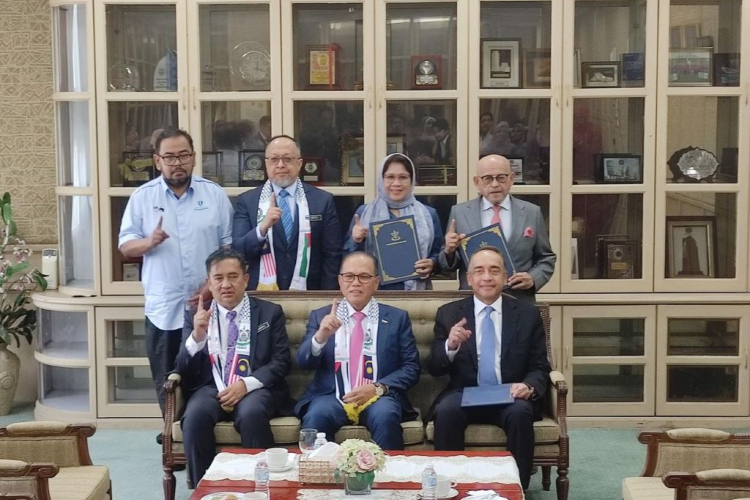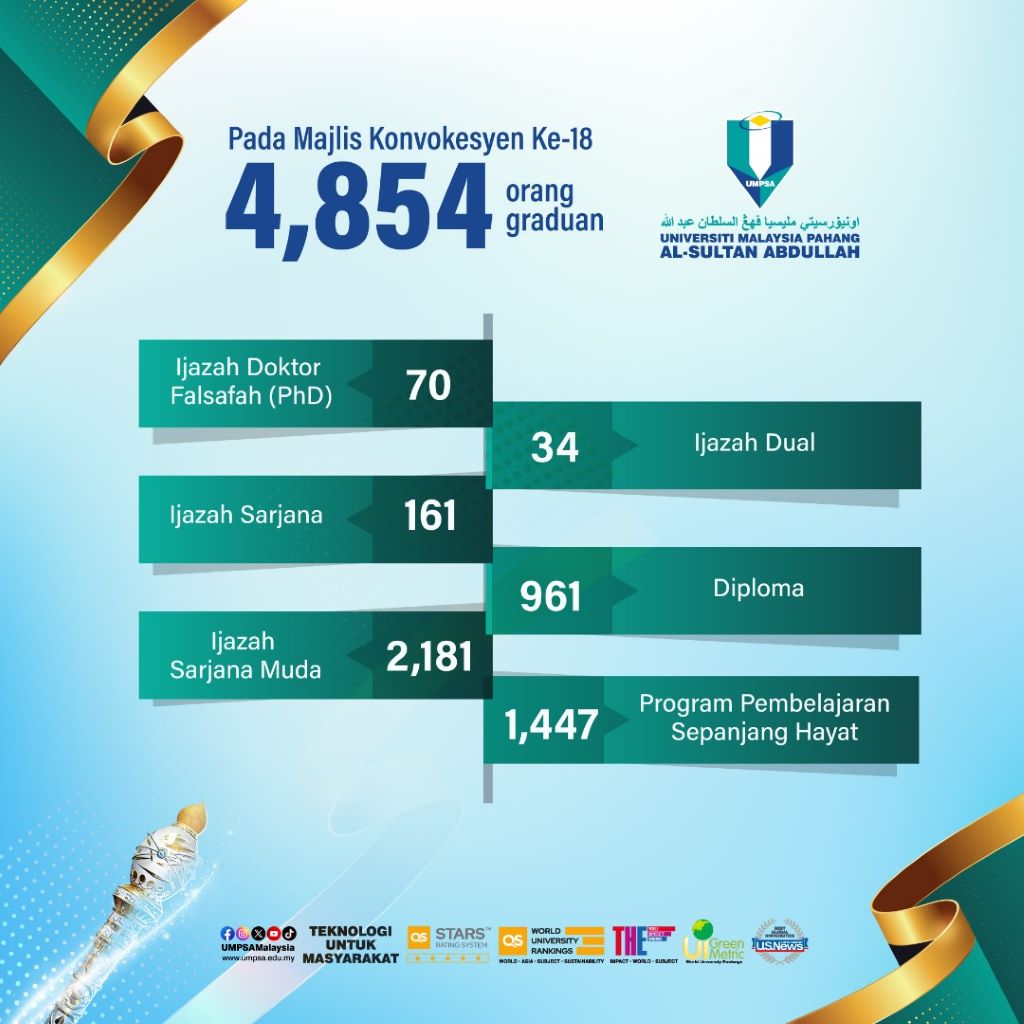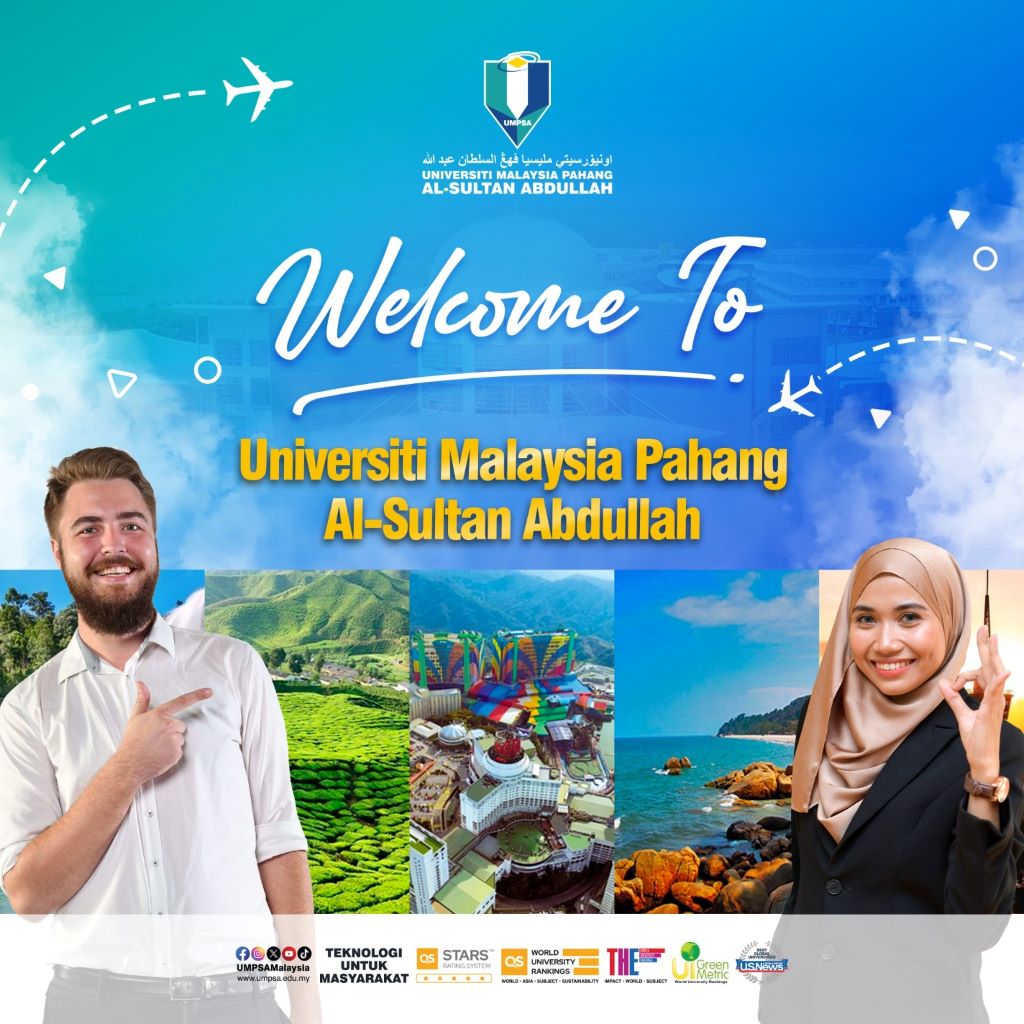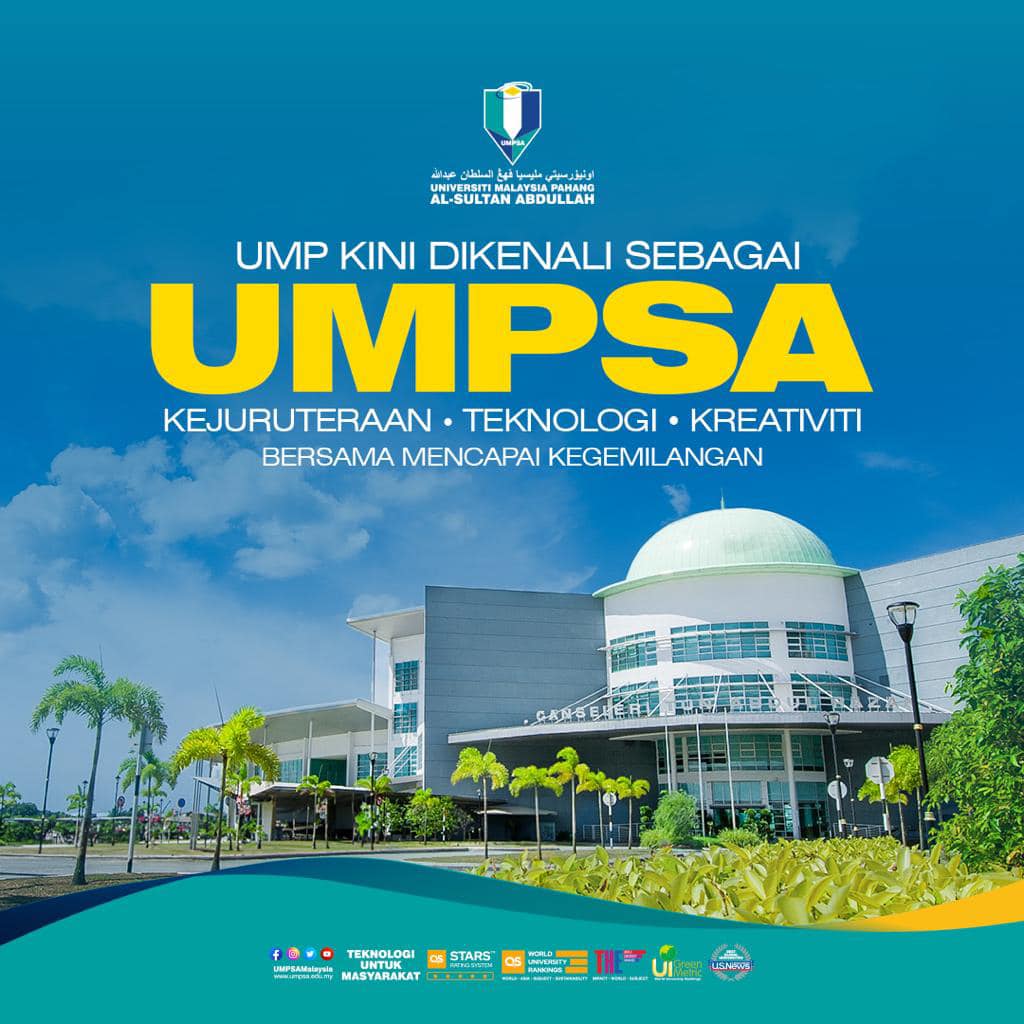UMP, ASSB establish strategic collaboration in academic and human development
KUANTAN, 19 May 2022 - Universiti Malaysia Pahang (UMP) and Alliance Steel (M) Sdn. Bhd. (ASSB) signed a memorandum of understanding (MoU) for academic and research collaboration that benefits both parties.
Through this collaboration, UMP and ASSB will develop the UMP Confucius Institute (CI) teaching site to offer Mandarin technical courses in metallurgy for local ASSB staff that will improve efficiency in “Mandarin + Vocational Education”.
This collaboration also promotes economic and trade development on Malaysia’s East Coast and enhances cultural and language communication between China and Malaysia.
At the same time, the UMP Confucius Institute (CI) Teaching Site Board Handover Ceremony took place at ASSB located in Malaysia-China Kuantan Industrial Park (MCKIP).
The ceremony saw the UMP Vice-Chancellor, Professor Dato’ Ts. Dr. Yuserrie Zainuddin and the Chief Technology Officer of ASSB, Hu Jiulin sign the MoU witnessed by the Ambassador of China to Malaysia, HE Ouyang Yujing, Chairman of the UMP Board of Directors, Tan Sri Dato’ Sri Dr. Abdul Aziz Abdul Rahman and Deputy General Manager of ASSB, Pan ChuanXia.
According to HE Ouyang Yujing, Malaysia-China Kuantan Industrial Park (MCKIP) is a collaboration project between the Chinese government and Malaysia and it is the first established Chinese Industrial Park in Malaysia.
“ASSB is an outstanding Chinese industry for economic collaboration between the Chinese and Malaysian governments.
“UMP Confucius Institute is a collaboration between UMP and Hebei University,” he said.
He is confident that with the support of all parties, the friendship between China and Malaysia will be improved, further strengthening the development strategy and promoting political, economic and educational collaboration between the two countries.
In addition, he said, this quality development will improve people’s well-being and achieve mutual benefits.
Meanwhile, Tan Sri Dato’ Sri Dr. Abdul Aziz said that this collaboration would involve the fields of teaching and learning, employee skills training, industrial training, joint research and others.
“In addition, the establishment of the UMP CI teaching site at ASSB enables the offer of Mandarin language courses in metallurgy and different teaching contents to be developed following the wishes of the industry to effectively improve the communication of Malaysian staff with Chinese staff.
“The UMP CI Teaching Site at ASSB will train 5,000 local staff over the next five years and host 40 classes annually for Mandarin technical courses in metallurgy,” he said.
For Hu Jiulin, ASSB and UMP will work together to develop human capital to improve industrial collaboration with universities.
“This technology transfer and local development is a long-term industrial development,” he said.
This collaboration is also supported by the President of Hebei University (HBU), Professor Dr. Kang Le who delivered a speech online, highlighting that UMP is a close HBU international partner.
“The existence of UMP CI has increased academic collaboration, research and human capital development,” he said.
Also present in the programme were the wife of the Chinese Ambassador to Malaysia, Song Xiao Mei, the Director of Education of China, Zhao Changtao and a delegation from the Chinese embassy in Malaysia.
Meanwhile from UMP, the Deputy Vice-Chancellor (Academic & International), Professor Ts. Dr. Mohd Rosli Hainin, UMP CI Malaysia Director, Yong Ying Mei and UMP CI China Director, Associate Professor Dr. Wang Haiyan.
Since UMP CI started, many Mandarin language courses and activities have been organised with the support of the community in China and Malaysia.
The focus of Chinese language courses and specific fields has enriched education in Chinese language.
CI UMP has also offered Mandarin Railway Courses to meet the needs of the industry.
By: Mimi Rabita Abdul Wahit, Corporate Communications Unit, The Office of The Vice-Chancellor
Translation by: Dr. Rozaimi Abu Samah, Engineering College/Faculty of Chemical and Process Engineering Technology


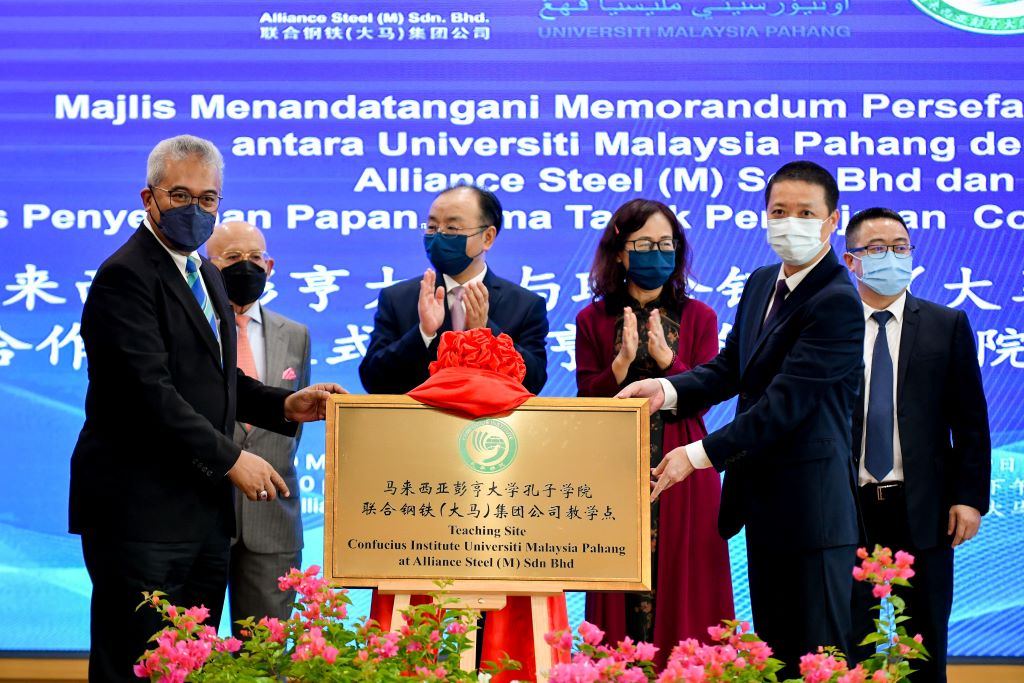
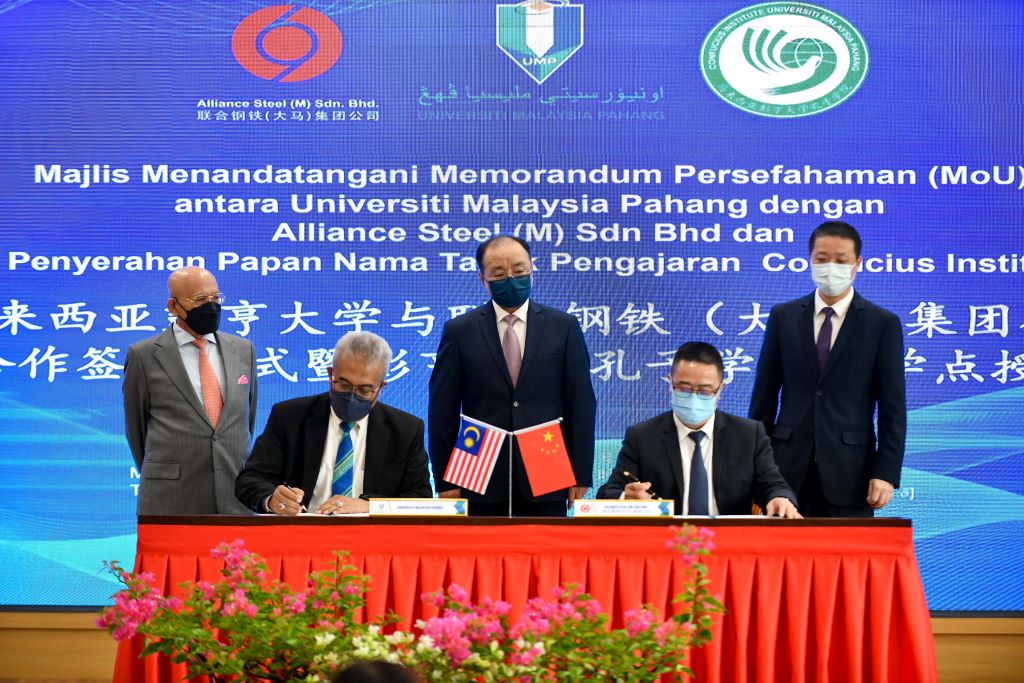
 Reports by:
Reports by: 